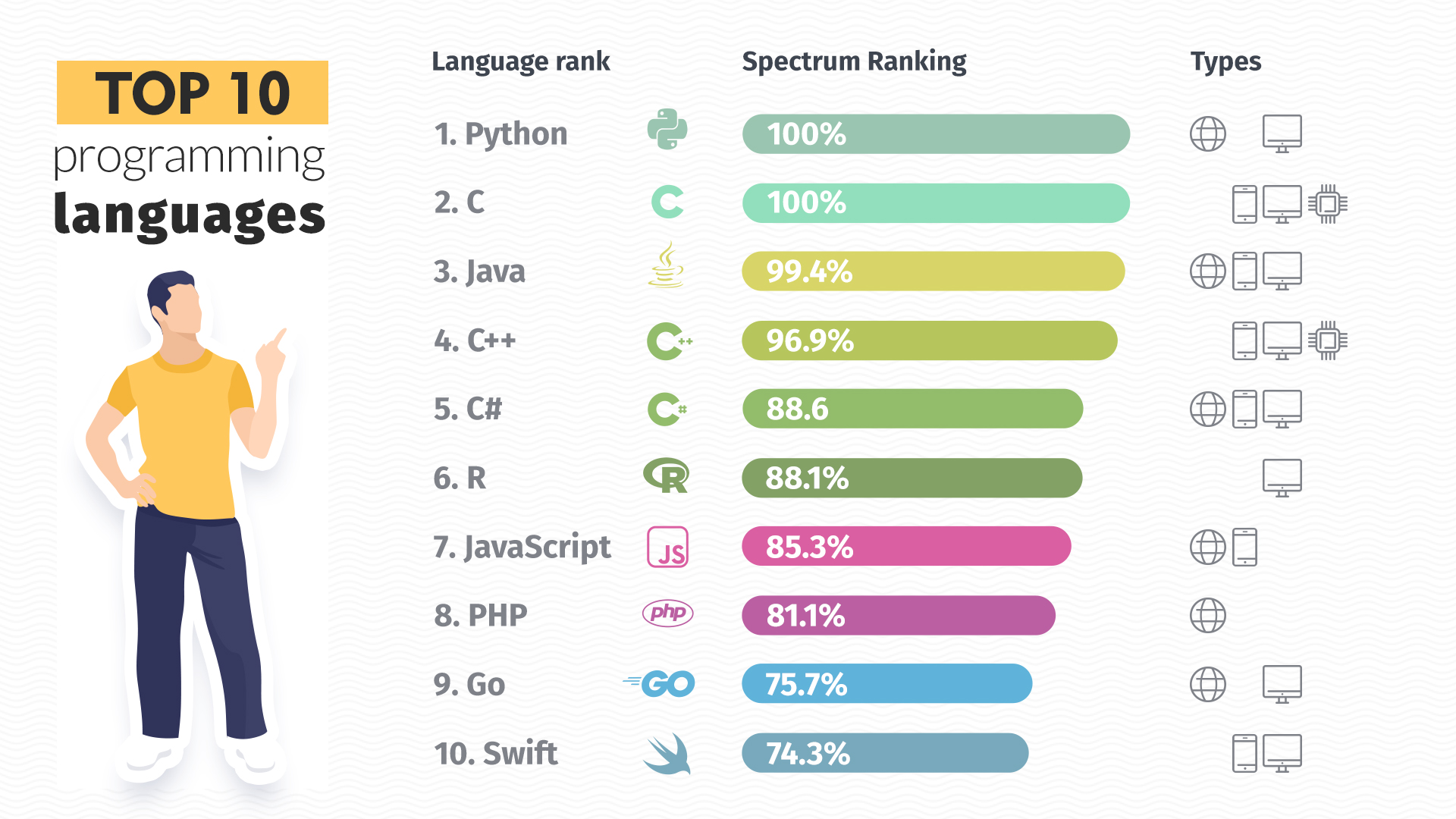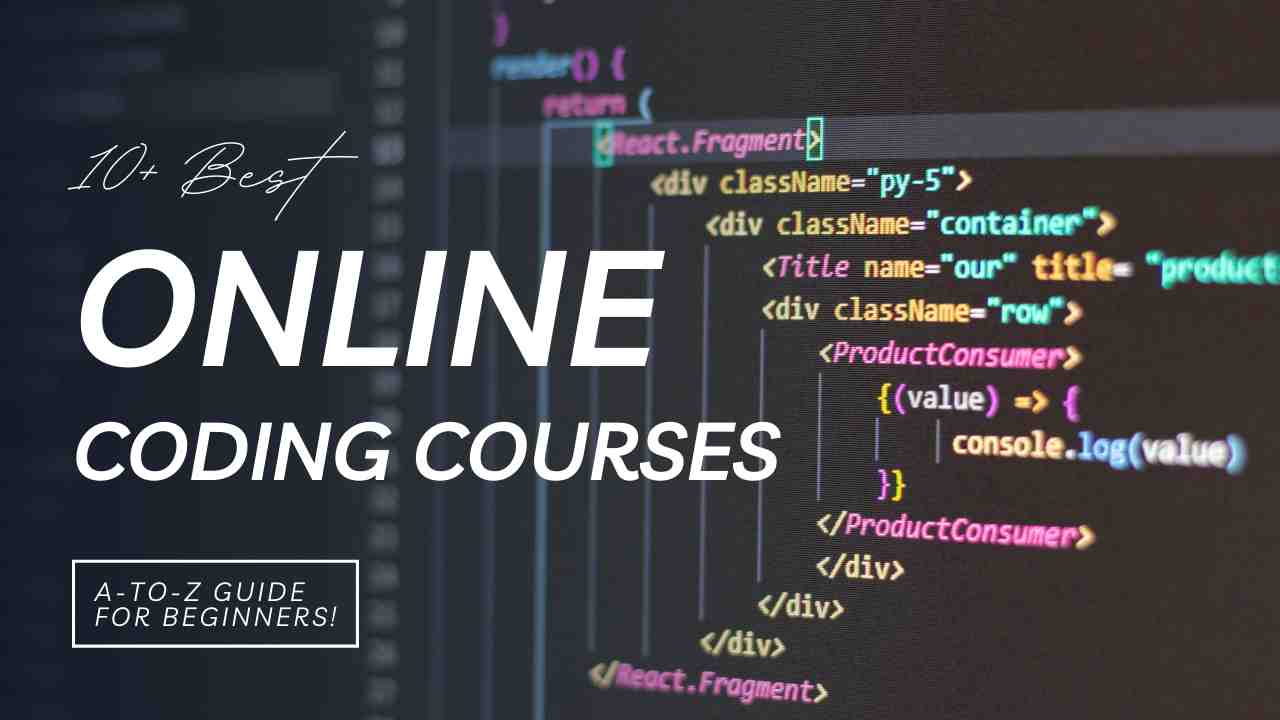Why Learning to Code is a Lucrative Career Move
The demand for skilled coders is on the rise, with the tech industry experiencing rapid growth and innovation. As a result, learning to code has become a highly sought-after skill, with numerous job opportunities and high earning potential. In fact, according to recent studies, the median salary for software developers in the United States is over $114,000 per year. Moreover, the field of coding is not limited to traditional tech companies, as industries such as finance, healthcare, and education are increasingly relying on coding skills to drive innovation and growth.
One of the primary reasons why learning to code is a lucrative career move is the versatility of coding skills. Coders can work on a wide range of projects, from mobile app development to artificial intelligence, and can adapt to new technologies and programming languages quickly. This versatility makes coders highly valuable to employers, who are willing to pay top dollar for skilled professionals who can drive innovation and growth.
In addition to the financial benefits, learning to code also provides a sense of personal fulfillment and creativity. Coders have the ability to bring their ideas to life, creating software and applications that can make a real impact on people’s lives. Furthermore, the coding community is known for its collaborative and supportive nature, with numerous online resources and forums available for coders to connect with each other and share knowledge.
For those interested in learning to code and getting paid, there are numerous resources available to get started. Online platforms such as Codecademy and FreeCodeCamp offer interactive coding lessons and exercises, while coding boot camps and online courses provide more comprehensive training. Additionally, many companies offer coding internships and apprenticeships, providing valuable hands-on experience and a foot in the door for aspiring coders.
Overall, learning to code is a highly rewarding and lucrative career move, offering numerous job opportunities, high earning potential, and a sense of personal fulfillment. Whether you’re looking to start a new career or simply want to learn a new skill, coding is an excellent choice that can open doors to new and exciting opportunities.
Getting Started with Coding: Choosing the Right Programming Language
When it comes to learning to code and getting paid, selecting the right programming language is a crucial step in the process. With numerous languages to choose from, it’s essential to consider your career goals, interests, and the type of projects you want to work on. In this section, we’ll explore popular programming languages and provide guidance on how to choose the right one for your needs.
Python is a popular language that’s widely used in web development, data science, and artificial intelligence. Its simplicity and versatility make it an excellent choice for beginners, and its large community ensures that there are plenty of resources available for learning. JavaScript is another popular language that’s commonly used in web development, game development, and mobile app development. Its dynamic nature and versatility make it a great choice for those interested in building interactive web applications.
HTML/CSS is not a programming language per se, but it’s essential for building websites and web applications. HTML (Hypertext Markup Language) is used for structuring content, while CSS (Cascading Style Sheets) is used for styling and layout. Together, they form the backbone of web development, and knowledge of HTML/CSS is a fundamental skill for any aspiring web developer.
Other popular programming languages include Java, C++, and Ruby. Java is widely used in Android app development, while C++ is commonly used in game development and system programming. Ruby is a popular language for web development, and its simplicity and ease of use make it a great choice for beginners.
When choosing a programming language, consider the following factors:
- Job prospects: What are the job prospects for the language you’re interested in?
- Industry demand: Is the language in high demand in the industry you’re interested in?
- Personal interest: Are you interested in the type of projects you can work on with the language?
- Community support: Is there a large community of developers who use the language, and are there plenty of resources available for learning?
By considering these factors, you can make an informed decision about which programming language to learn, and set yourself up for success in the world of coding.
How to Learn to Code: Top Online Resources and Courses
With the rise of online learning, it’s never been easier to learn to code and get paid. There are numerous online resources and courses available that can help you develop the skills you need to succeed in the tech industry. In this section, we’ll review some of the top online resources and courses for learning to code.
Codecademy is one of the most popular online platforms for learning to code. With interactive coding lessons and exercises, Codecademy provides a comprehensive learning experience that’s tailored to your needs. From beginner-friendly courses to advanced topics, Codecademy has something for everyone.
FreeCodeCamp is another popular online platform that offers a comprehensive curriculum in web development. With a focus on practical skills and real-world projects, FreeCodeCamp is an excellent choice for those who want to learn by doing. Plus, it’s free!
Coursera is an online learning platform that partners with top universities to offer courses on a wide range of topics, including computer science and programming. With courses taught by industry experts and professors, Coursera provides a high-quality learning experience that’s recognized by employers.
Other notable online resources and courses include Udemy, edX, and Pluralsight. Udemy offers a wide range of courses on various topics, including programming and web development. edX offers courses from top universities, including Harvard and MIT. Pluralsight offers a comprehensive library of courses and tutorials on programming and IT topics.
When choosing an online resource or course, consider the following factors:
- Reputation: Is the platform or course reputable and well-established?
- Curriculum: Does the course or platform offer a comprehensive curriculum that covers the topics you need to learn?
- Support: Does the platform or course offer support and resources to help you learn?
- Cost: Is the course or platform affordable and within your budget?
By considering these factors, you can find the right online resource or course to help you learn to code and get paid.
Building a Strong Foundation: Essential Coding Skills to Master
To succeed in the world of coding, it’s essential to build a strong foundation in fundamental coding skills. These skills are the building blocks of programming and are essential for any aspiring coder to master. In this section, we’ll explore the essential coding skills required for success, including data structures, algorithms, and software design patterns.
Data structures are a crucial part of programming, as they allow you to store and manipulate data efficiently. Common data structures include arrays, linked lists, stacks, and queues. Understanding how to implement and use these data structures is essential for any coder.
Algorithms are another fundamental skill that coders need to master. An algorithm is a set of instructions that solves a specific problem, and understanding how to write efficient algorithms is crucial for success in coding. Common algorithms include sorting, searching, and graph traversal.
Software design patterns are also essential for coders to master. A design pattern is a general solution to a common problem, and understanding how to apply these patterns can help you write more efficient and maintainable code. Common design patterns include the singleton pattern, the factory pattern, and the observer pattern.
To practice and reinforce these skills, it’s essential to work on real-world projects and exercises. This will help you apply theoretical concepts to practical problems and develop your problem-solving skills. Additionally, participating in coding challenges and hackathons can help you develop your coding skills in a fun and competitive environment.
Some tips for mastering these skills include:
- Start with the basics: Make sure you have a solid understanding of programming fundamentals, including data structures, algorithms, and software design patterns.
- Practice regularly: Regular practice is essential for developing your coding skills. Set aside time each day or week to work on coding exercises and projects.
- Work on real-world projects: Apply theoretical concepts to practical problems by working on real-world projects. This will help you develop your problem-solving skills and learn how to apply coding concepts to real-world scenarios.
- Participate in coding challenges: Participating in coding challenges and hackathons can help you develop your coding skills in a fun and competitive environment.
By mastering these essential coding skills, you’ll be well on your way to a successful career in coding. Remember to practice regularly, work on real-world projects, and participate in coding challenges to develop your skills and stay ahead of the curve.
Real-World Applications: How Coding Skills Can Be Applied to Various Industries
Coding skills are in high demand across a wide range of industries, from web development and mobile app development to data science and artificial intelligence. In this section, we’ll explore the diverse range of industries that rely on coding skills and highlight the job prospects and salary ranges for each industry.
Web development is one of the most in-demand industries for coders, with a wide range of job opportunities available for front-end, back-end, and full-stack developers. According to the Bureau of Labor Statistics, employment of web developers is projected to grow 13% from 2020 to 2030, faster than the average for all occupations.
Mobile app development is another industry that relies heavily on coding skills, with a growing demand for developers who can create apps for Android and iOS devices. According to Glassdoor, the average salary for a mobile app developer in the United States is around $114,000 per year.
Data science is a rapidly growing field that relies on coding skills to analyze and interpret complex data sets. According to Indeed, the average salary for a data scientist in the United States is around $118,000 per year.
Artificial intelligence is another industry that relies on coding skills, with a growing demand for developers who can create intelligent systems that can learn and adapt to new data. According to Indeed, the average salary for an AI engineer in the United States is around $141,000 per year.
Other industries that rely on coding skills include:
- Finance: Coders are needed to develop software for financial institutions, including trading platforms and risk management systems.
- Healthcare: Coders are needed to develop software for healthcare institutions, including electronic health records and medical billing systems.
- E-commerce: Coders are needed to develop software for e-commerce platforms, including online shopping carts and payment processing systems.
These are just a few examples of the many industries that rely on coding skills. By learning to code and getting paid, you can open yourself up to a wide range of job opportunities and career paths.
Creating a Portfolio: Showcasing Your Coding Projects to Potential Employers
A portfolio is a crucial tool for any aspiring coder, as it showcases your coding projects and accomplishments to potential employers. In this section, we’ll emphasize the importance of building a portfolio and provide guidance on how to create a portfolio that stands out.
A portfolio is a collection of your best coding projects, showcasing your skills and accomplishments to potential employers. It’s an opportunity to demonstrate your coding abilities, creativity, and problem-solving skills. A well-crafted portfolio can help you stand out from the competition and increase your chances of landing a job or getting paid for your coding skills.
So, how do you create a portfolio that stands out? Here are some tips:
- Choose your best projects: Select a few of your best coding projects that demonstrate your skills and accomplishments.
- Use a variety of projects: Include a variety of projects that showcase your skills in different areas, such as web development, mobile app development, and data science.
- Use visuals: Use images, videos, and screenshots to showcase your projects and make your portfolio more engaging.
- Write a compelling description: Write a brief description of each project, including the problem you solved, the technologies you used, and the results you achieved.
- Keep it up-to-date: Keep your portfolio up-to-date by regularly adding new projects and updating existing ones.
Some popular platforms for creating a portfolio include:
- GitHub: A popular platform for developers to showcase their coding projects and collaborate with others.
- GitLab: A platform that allows you to create a portfolio and showcase your coding projects.
- Behance: A platform that allows you to create a portfolio and showcase your creative work.
By following these tips and using these platforms, you can create a portfolio that showcases your coding skills and accomplishments, and helps you stand out to potential employers.
Networking and Job Search Strategies: How to Get Paid for Your Coding Skills
Once you’ve developed your coding skills and built a portfolio, it’s time to start looking for paid coding opportunities. In this section, we’ll offer advice on how to network with other coders, attend industry events, and leverage job search platforms to find paid coding opportunities.
Networking is a crucial part of finding paid coding opportunities. Attend industry events, join online communities, and connect with other coders on social media platforms like LinkedIn and GitHub. These connections can provide valuable advice, job leads, and recommendations.
Job search platforms like Indeed, Glassdoor, and LinkedIn can also help you find paid coding opportunities. Use keywords like “coding jobs,” “software development,” and “web development” to find relevant job listings. You can also use these platforms to research companies, salaries, and job requirements.
When applying for coding jobs, it’s essential to tailor your resume and cover letter to the specific job requirements. Highlight your relevant coding skills, experience, and education. Use language from the job listing to describe your skills and experience.
Some popular job search platforms for coders include:
- GitHub Jobs: A platform that allows you to search for coding jobs and connect with other coders.
- Stack Overflow Jobs: A platform that allows you to search for coding jobs and connect with other coders.
- We Work Remotely: A platform that allows you to search for remote coding jobs.
By following these tips and using these platforms, you can increase your chances of finding paid coding opportunities and getting paid for your coding skills.
Staying Up-to-Date: Continuing Education and Professional Development in Coding
The field of coding is rapidly evolving, with new technologies and trends emerging all the time. To stay ahead of the curve and continue to learn to code and get paid, it’s essential to prioritize ongoing learning and professional development.
There are many ways to stay up-to-date with industry trends, best practices, and new technologies. Some popular options include:
- Online courses and tutorials: Websites like Udemy, Coursera, and edX offer a wide range of courses and tutorials on various coding topics.
- Industry events and conferences: Attend industry events and conferences to learn from experts and network with other coders.
- Books and blogs: Read books and blogs on coding topics to stay current with industry trends and best practices.
- Online communities: Join online communities like GitHub, Stack Overflow, and Reddit to connect with other coders and stay up-to-date with industry news.
Some popular resources for staying current with industry trends and best practices include:
- Coding blogs: Websites like Coding Horror, Smashing Magazine, and A List Apart offer insights and advice on various coding topics.
- Industry publications: Magazines like Wired, Fast Company, and Forbes offer news and analysis on the tech industry.
- Podcasts: Podcasts like The Turing Machine, The DevOps Podcast, and The Hacker’s Journey offer insights and advice on various coding topics.
By prioritizing ongoing learning and professional development, you can stay ahead of the curve and continue to learn to code and get paid. Remember to always be open to new ideas and technologies, and to never stop learning.







